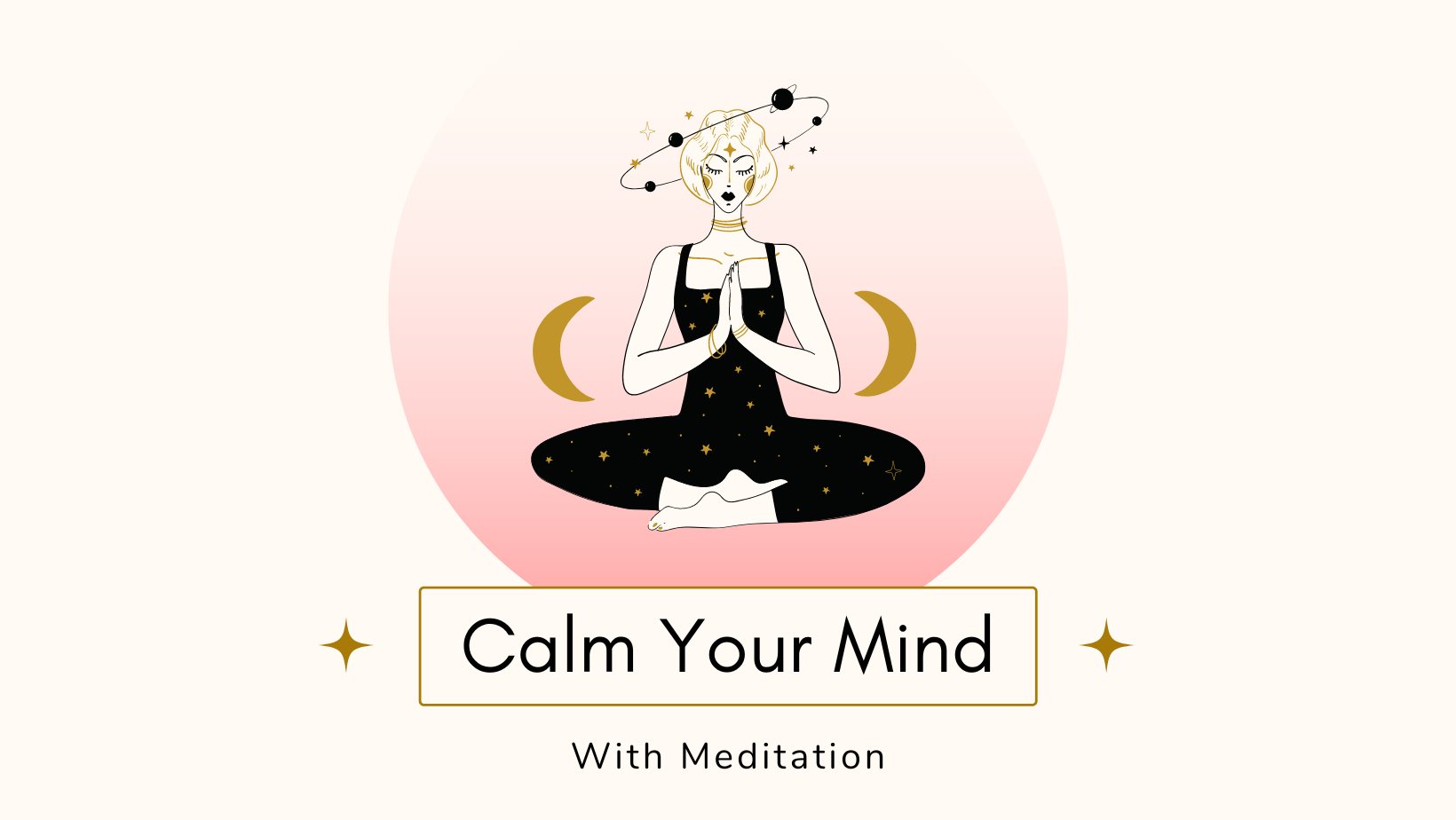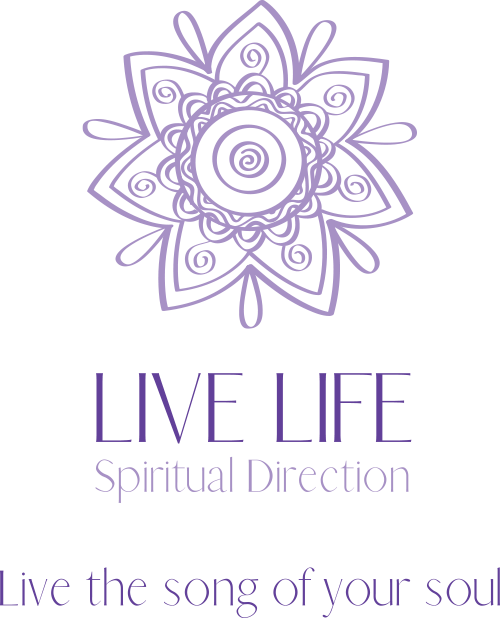Why bother?
Meditation has been gaining popularity for good reason. I know, I know. Sometimes, it’s hard to sit still and keep the mind quiet. Why bother? Well, did you know that even 16 seconds of focusing on your breath can calm your mind and body? Yes, it’s true! Even a short amount of time can break up the mind chatter, reduce your blood pressure, and bring your body more into relaxation.
Meditating as defined by Merriam-Webster is 1) engaging in contemplation or reflection, and 2) Engaging in mental exercise (such as concentration on one’s breathing or repetition of a mantra) for the purpose of reaching a heightened level of spiritual awareness. In plain language, it is an opportunity to quiet the mind, calm the body, connect with your Divine, and receive insights. So contrary to popular thought, meditation is not completely clearing the mind. That is a very difficult thing to do for the human brain. It is really training the mind to focus on one thing vs. a million different things that can go through our minds at any given moment.
Meditation has a multitude of benefits. For starters, it can reduce anxiety. In John Weiler’s book, An Ordinary Dude’s Guide to Meditation, the author describes how his anxiety was reduced greatly after meditating for three weeks and it has been largely eliminated within three years. I just listened to a video by Davidji, a prolific meditation coach, and he took us through a practice of breathing in twice with a count of four in and a count of four, holding for seconds at the in and out breaths. Wow, did that even shift my experience! It doesn’t take a lot of time and it does so much. Our minds are so busy at times that meditation is an opportunity to give your mind a rest. Once you do that and observe your thoughts in meditation, watch how insights and solutions filter in. You’ve heard about people having bright ideas in the shower, right? Well, that’s part of the principle. Our brain can strain to solve a problem and sometimes it just can’t. So, we walk away and let our unconscious mind and/or Spirit do its work. What a concept! Take a break from the problem and the solution presents itself. If I feel stuck, I often take a walk and I am rarely disappointed by the experience. Not only do I calm down and experience nature, but new ideas start to flow. You can also just sit and stare out the window and daydream. Ideas can start to flow then too.
Let’s take a non-exhaustive look at this list of scientifically proven ways that meditation benefits us.
- Feel calmer and more centered
- Brings you to full awareness of the present moment
- Achieve a clearer mind and sharper focus
- Easier problem solving and better memory
- Better sense of direction by being more present and “in the flow”
- Better physical and mental health, including immune function improvement, reparation of cells, and lower inflammation, blood pressure, and cholesterol
- It sets the tone for your day or event.
For me personally, I generally started to handle life’s unexpected events with more grace. That in and of itself is a gift.
Types of Meditation
There is a multitude of ways to meditate. Try them all and see what works for you. This may include:
- Silent (focusing on the breath or a silent mantra, for example)
- Guided (sign up for the Live Life Spiritual Direction newsletter at the bottom of this page and receive a free morning meditation)
- Walking (but keep your eyes open!)
- Chanting and toning (like “Om”)
- Ask a question and listen
Author Ivan Nuru once said, “If it’s out of your hands, it deserves freedom from your mind too.” I love this quote. If we can’t change something, we suffer if we do not let it go. Meditation can help us do that.
Tips for Meditating Effectively
- Amplify your meditation experience in nature.
- Try mind/body/spirit activities like yoga to help train the mind and focus.
- Start small. Start with one minute and work your way up daily or weekly.
- Prioritize meditation until it becomes routine. I meditate every morning. Sometimes for 10 minutes, sometimes for an hour. But every day. (And if you don’t do it every day, don’t beat yourself up. Just try again.)
- Allow any feelings to surface. Acknowledge them. Bless them. Let them go. If you don’t, they’ll just keep popping up.
- Enlist an accountability partner or coach to stay on track.
- Watch your thoughts, but don’t judge them.
- Don’t give up!
I wish you the best of luck on your meditation journey. If you would like assistance in calming your mind and reducing anxiety, please consider working with me in a spiritual counseling capacity. You can find more information here.
Sources: 1) meditation teacher, Davidji; 2) Merriam-Webster; 3) An Ordinary Dude’s Guide to Meditation by John Weiler; The Science and Practice of Presence by Daniel J. Siegel, M.D.



